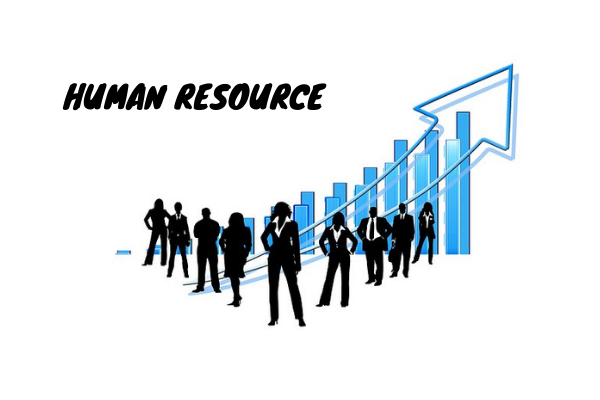Imagine an organisation where business leaders look to HR for advice as they develop business strategies to drive growth, where HR is considered the developer of talent and leadership across the business, and where business leaders respect and admire the HR professionals as co-leaders of the business. This can all happen, but only with an extreme makeover of HR.
The role of HR functions has undergone a tremendous change in the last few years. On one hand is the growing importance of understanding business and being aligned with it. On the other is the increasing importance of being the driver of culture and a person who enables employee engagement and commitment / ownership across the organisation, especially when changes happen.
Are we there yet?
The HR professional needs to be able to influence managers across levels in the organisation and be able to intervene appropriately in various situations, so as to enable shared commitment and alignment to a common goal / purpose. The outcome is high organisational performance and enhanced employee engagement.
The skill to be able to get collective engagement and alignment is what facilitation is all about. Being facilitative is a different way of interacting with co-workers and viewing a task. According to Webster’s dictionary, “facilitate”, from the root word “facile”, is to “make easy or easier”. It means, functioning with a mindset of serving others, allowing the group and the situation to ‘be in control’. As an HR leader, this emphasis on people skills is powerful. Instead of having to ‘know’, you need to build the capacity for more people to ‘be in the know’.
For inclusive participation to work, effective facilitation skills and processes are needed. Without processes, ‘participation’ simply slides into a situation where anyone and everyone can say and do whatever they individually want to do. This often means that little is accomplished and many involved feel their precious time, money and energy have been wasted.
Several factors are converging that should make reinventing HR a critical priority for companies around the world.
How is human resources changing?
• It is being forced to redefine its role from ‘service provider’ to an enabler and builder of talent. HR’s traditional operations are now handled through modern technologies, and easy-to-access online and mobile applications. The rapid evolution of cloud technology is encompassing even more HR activities than traditional models. This will allow HR to devote the majority of its time to advising and consulting executives on people-related strategies.
• It is shifting from being a group of generalists to a team of highly-skilled business partners. Leading organisations today have many HR specialists who operate at the local business-unit level to help deliver better results, act locally to facilitate leaders solve problems and enhance operational efficiency.
• Traditional HR practices, such as performance management and L&D are undergoing radical change, forcing HR to throw away the old playbook and deliver more innovative solutions.
• A highly competitive global talent market with the new millennials has shifted power into the hands of employees, forcing HR to redesign programmes in the face of a much more demanding workforce.
Create credible differentiation for your organisation by transforming your HR from a ‘process developer and maintainer’ to an ‘experience architect’.
What are the expectations from HR?
Once designed primarily as a compliance function, today’s HR must be agile, business-integrated, data-driven, and deeply skilled to attract, retain, and develop talent.
These business imperatives demand not only a new HR model for HR itself, but also a massive reskilling of HR professionals around the world. They also create an unprecedented opportunity for HR to play a preeminent role at the highest levels of business strategy.
HR needs an extreme makeover driven by the need to deliver greater business impact and drive HR and business innovation.
Has HR undergone a makeover?
Research shows that nearly 40 per cent of the new CHROs come from the business, not from HR. Instead of simply managing transactions, implementing policies, and developing programmes, the new HR organisation aims to focus on understanding the needs of the business and delivering value-added solutions.
Where can companies start?
Design the HR role to deliver solutions: For many businesses, it is time to redesign HR with a focus on consulting and service delivery, not just efficiency of administration. HR business partners must become trusted business advisors with the requisite facilitation skills to consult and resolve critical business issues.
Invest in HR development and skills: HR professionals at all levels need continuous professional development to make sure the HR team constantly sharpens its own saw and develops the necessary skills to survive. Focus on capabilities, such as facilitation of skills for process consulting, organisational design and HR analytical skills
HR needs to raise its game by aligning its skills and capabilities with the organisation’s overall business goals. As HR pursues its own makeover, its strategic role must also change to meet the intense pressures of today’s business environment.
HR personnel need to master the art and science of facilitation to play the role of HR business partners and sharpen their process-consulting skills.



